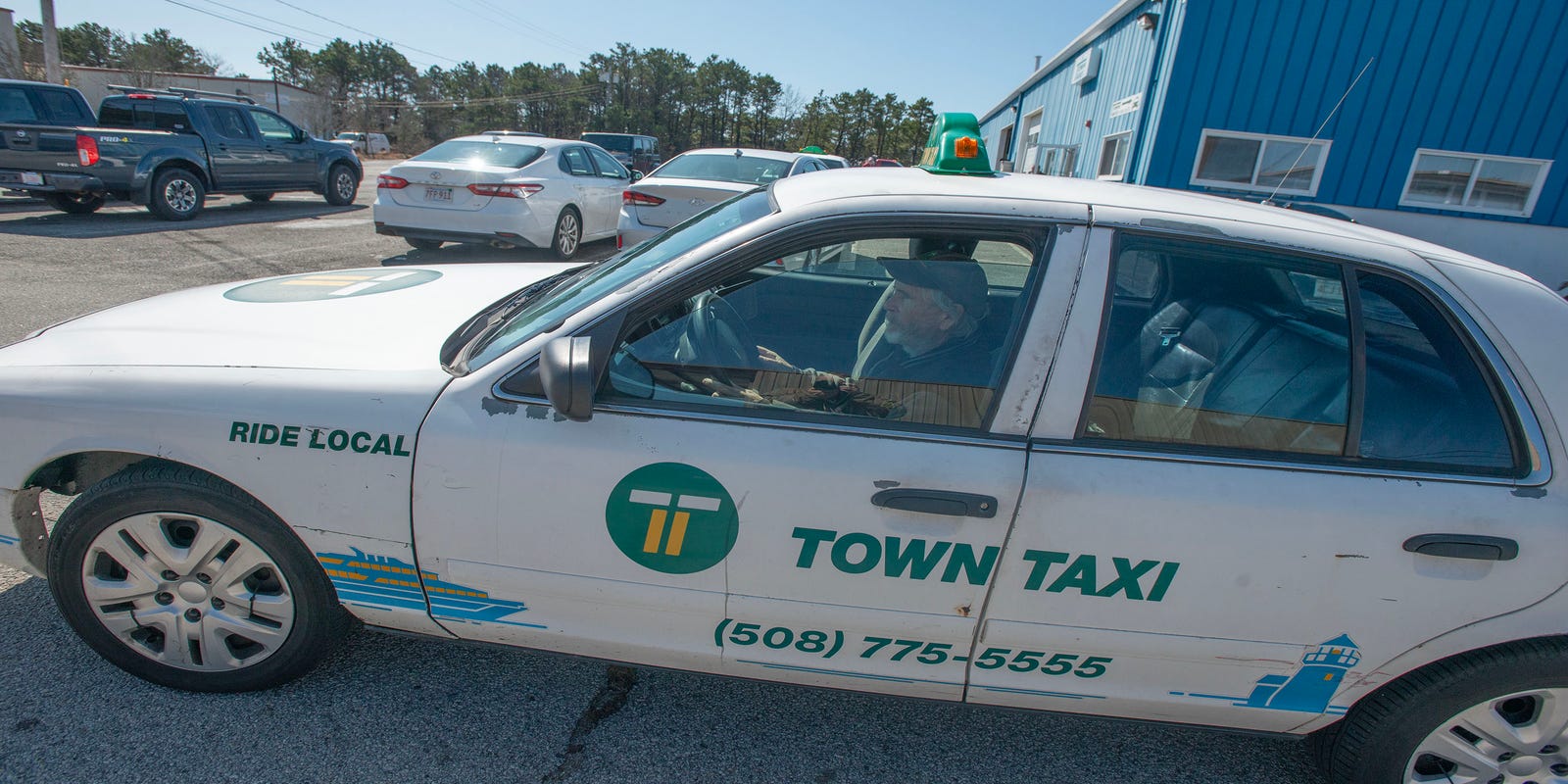End of an Era: Hyannis Taxi Firm Shutters After Half-Century of Local Service

End of an Era: Town Taxi Closes After Half a Century of Service
After 50 remarkable years of serving the Hyannis community, Town Taxi is shutting down its operations, marking the end of a family-owned transportation legacy. Owners Peter and Jon Cutler have made the difficult decision to close their beloved business, citing challenging market conditions that have made continued operation unsustainable.
The rise of ride-sharing services like Uber and Lyft, combined with escalating operational costs and persistent staffing challenges, have ultimately forced the Cutlers to bid farewell to their long-standing taxi company. What was once a thriving local business has struggled to compete in an increasingly digital and competitive transportation landscape.
"We've watched the industry transform dramatically over the decades," said Peter Cutler. "The changes have been profound, and maintaining our traditional taxi service has become increasingly difficult in recent years."
The closure of Town Taxi represents more than just a business shutdown—it symbolizes the significant shifts happening in local transportation services across the country, where technology and changing consumer preferences are reshaping how people move.
